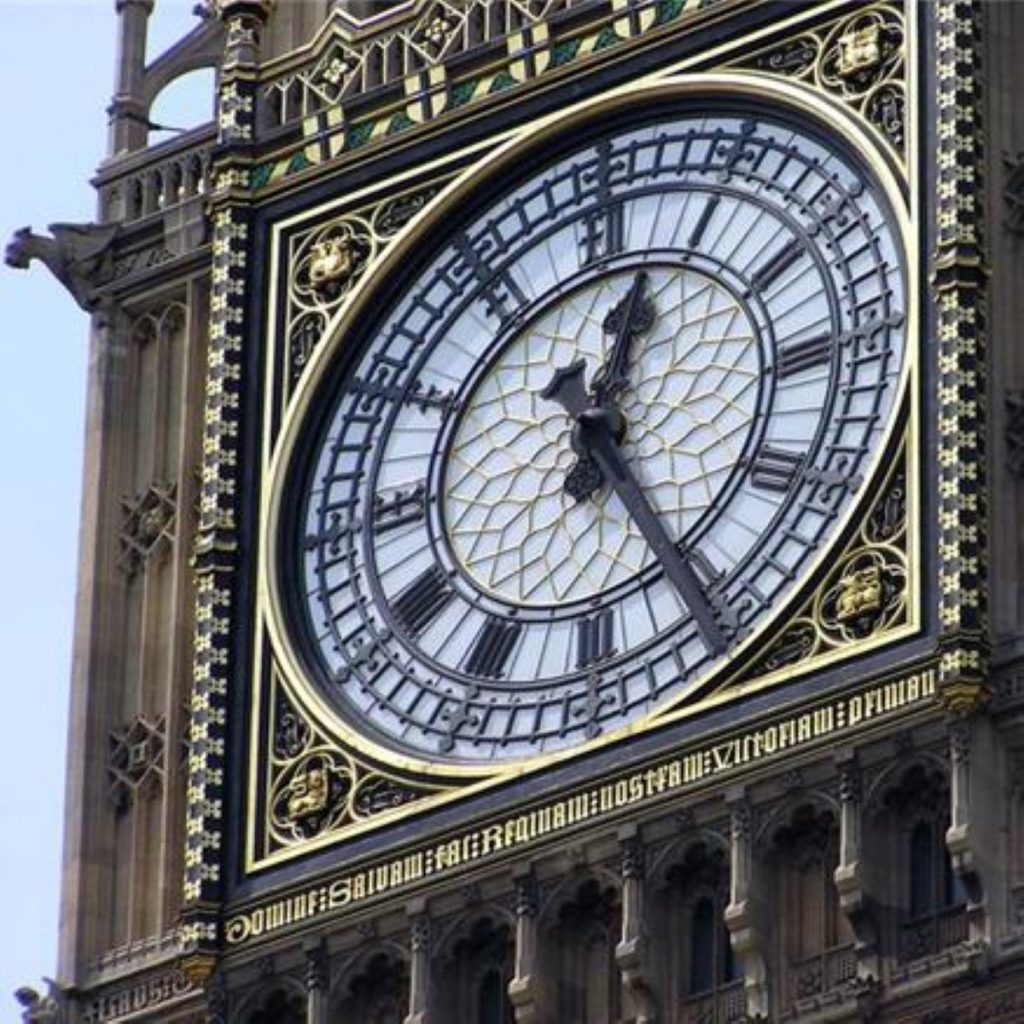Government defeats Labour over NHS reforms
By Ian Dunt
The government has defeated Labour following an opposition debate on NHS reforms, amid signs of deep division between the Liberal Democrats and the Conservatives.
The development comes as doctors warned David Cameron that the reforms could destroy the NHS.
MPs voted by a majority of 53 to defeat the Labour motion, following a bad-tempered debate in the Commons.


After a day which saw countless Tory and Lib Dem MPs attack each other on the airwaves and online, shadow health secretary John Healey told MPs: “The NHS has become [David Cameron’s] biggest broken promise.
“Many of the signs point to the prime minister’s pause to listen being a sham.
“We say [the bill] must be shelved in its current form. This is the test of the prime minister’s promise to protect the NHS.”
Health secretary Andrew Lansley commented: “I have been clear that there will be substantive changes to the bill if they deliver improvements for patients.”
“We will not retreat,” Mr Lansley added, to a chorus of approval from the Tory backbenches.
“The Labour party’s motion offers no future for the NHS.”
In a charged and bad-tempered session, the Speaker was repeatedly forced to try and keep order.
The pressure on the health secretary has become so severe that the prime minister’s spokesperson was forced to confirm that Mr Cameron had confidence in Mr Lansley just minutes before the Commons debate.
With many Tory MPs offering passionate and visible support to Mr Lansley, some observers concluded that the parliamentary party was trying to discourage any U-turn on the plans from Downing Street.
Ahead of the debate, Lib Dem MP Andrew George demanded that the government cancel its ‘listening exercise’ and simply scrap the bill.
“The bill itself should be stopped rather than paused,” he said in a statement.
Fellow Lib Dem MP John Pugh said it was “deeply flawed”.
Over the weekend Nick Clegg promised there would be “substantial, significant changes” to the bill while deputy leader Simon Hughes told the BBC that it could not “go on as it is”.
But Wycombe Conservative MP Steven Baker said the ongoing row over NHS reform was a “pantomime” to help the Lib Dems disastrous election results.
He was echoing the words of many Westminster insiders, who believe Mr Clegg’s statements about changing the bill are superficial.
They cite his support for the infamous Lib Dem Orange Book, which suggested replacing the NHS with an insurance system, the role of Lib Dem Paul Burstow in drawing up the bill alongside health secretary Andrew Lansley and the review of the bill by Danny Alexander, Lib Dem chief secretary to the Treasury. The foreword to the bill was co-signed by David Cameron and Mr Clegg.
Mr Clegg’s efforts to put himself front-and-centre of plans to change the bill have angered some Tories. They are wary that the rebranding exercise their party went through over the health service is being jeopardised as they are increasingly associated with the reforms.
“These aren’t Conservative changes that Liberal Democrats didn’t want, these are coalition proposals which Liberal Democrats contributed very strongly towards,” Tory backbencher John Redwood said.
“Their manifesto said they wanted to give local health boards the freedom to commission services for local people from a range of different types of provider which clearly included the private sector. They wanted to open the whole thing up to competition.”
Tory MP Nadine Dorries wrote on her blog: “There are some of us who are passionate about the reforms as they stand.
“We will not stand back and watch the failing Lib Dems transduce one of our most radical policies into something we no longer recognise.”
Conservative MP and secretary of the 1922 committee Mark Pritchard wrote on PoliticsHome: “Any unreasonable attempts by Liberal Democrats MPs to block or water down key government Bills could be easily seen as ‘sour grapes’. The British electorate don’t like sore losers.”
Conservative MP Peter Bone said the coalition “would end sooner rather than later”.
He added: “The liberals have got to row in behind the government and stop bleating.”
The Royal College of General Practitioners (RCGP) adopted a startlingly critical tone when it became the first organisation to submit evidence on the bill today.
Doctors’ leaders warned that the bill would allow GPs and hospitals to charge for certain services, weaken the NHS by allowing “any willing provider” to treat patients and allow parts of the health service to be taken over by venture capitalists and foreign private healthcare companies.
They also complained that the scrapping of the health secretary’s duty to ensure a “comprehensive” service meant that the NHS’ founding commitment to universal free healthcare was under threat.
There is considerable uncertainty over whether GPs will really be able to charge for services under the proposals.
Clause 22 of the bill hands the health secretary’s power to “make such charges as he considers appropriate” to GP consortia, who can decide which services fall under the NHS’ remit. The change is significant, because it takes the decision away from the health secretary, who has a duty to provide comprehensive healthcare free at the point of delivery.
But government spokespeople insist that consortia would still be restricted from charging for services by the NHS founding principles, which have been enshrined in law since 1948.
The role of Monitor, an NHS regulator with a statutory commitment to competition, also came under intense scrutiny from the RCGP, which found it would increase the use of market forces but do little to improve patient care.
“The fear is that it will no longer be possible to deliver integrated services in practice, especially where integration relies on close collaboration between different providers and commissioners, and could be seen as anti-competitive,” the college said.
The government has been genuinely startled by the strength of the reaction to the bill, with doctors’ and nurses’ unions, medical experts and opposition parties all uniting to condemn the proposals.









